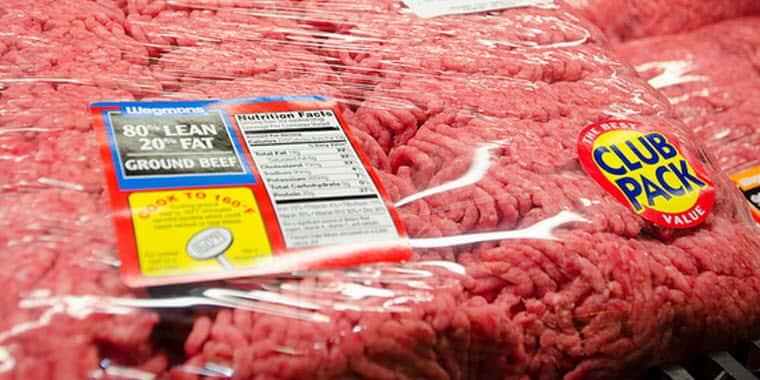Getting locally sourced beef or game meat is a luxury many rural family enjoy. Either livestock is raised on the farm or ranch and butchered locally or purchased from a nearby ranch. Not only do you know how that animal was raised, fed, treated, when you get the meat in your freezer you know with a certain amount of confidence just what you have. What about people who don't have those options or haven't chosen to seek them out?
Researchers at Chapman University in the Food Science Program have just published two separate studies on meat mislabeling in consumer commercial products. One study focused on identification of species found in ground meat products, and the other focused on game meat species labeling. Both studies examined products sold in the U.S. commercial market; and both study outcomes identified species mislabeling among the product samples.
In the study on identification of species found in ground meat products, 48 samples were analyzed and 10 were found to be mislabeled. Of those 10, nine were found to have additional meat species and one sample was mislabeled in its entirety. Additionally, horse meat, which is illegal to sell in the United States, was detected in two of the samples.
A total of 48 fresh and frozen ground meat products representing a variety of species were collected for the research and tested using a combination of DNA barcoding and real-time polymerase chain reaction (PCR). The study speculates that the presence of multiple species commonly found in ground meats suggests the possibility of cross-contamination at the processing facility. Unintentional mislabeling may occur when several species are ground on the same manufacturing equipment, without proper cleaning in between samples. Another trend observed in the study indicates the possibility of lower-cost species being intentionally mixed in with higher-cost species for economic gain.
The second study, focusing on game meat species labeling, used a total of 54 game meat products collected from online retail sources in the United States. The results showed 10 products to be potentially mislabeled. Two products labeled as bison and one labeled as yak were identified as domestic cattle. Other mislabeling included a product labeled as black bear that was identified as American beaver, and a product labeled as pheasant that was identified as helmeted guineafowl.
CLICK HERE to read the full article
Source: Science Daily






